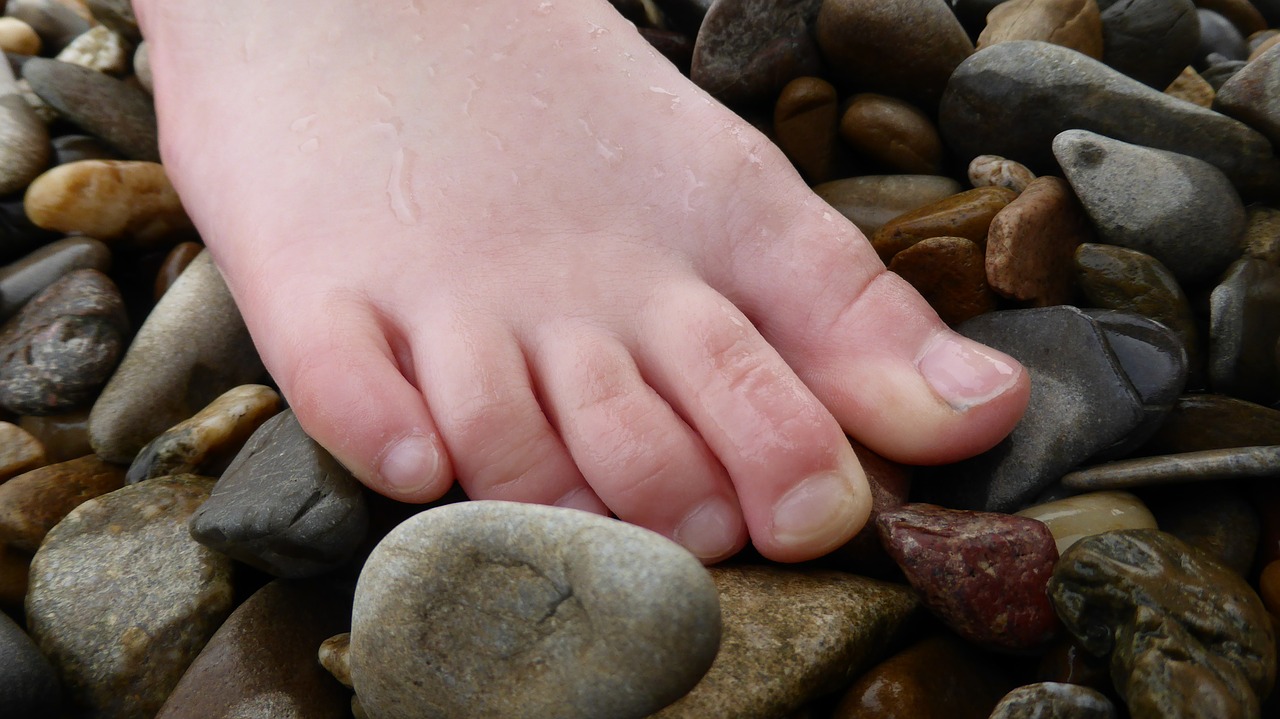It may be silly to state the obvious: healthy bones are vital to a healthy body—and healthy feet.
But most of us do not pay attention to that principle until we suffer a problem.

Feet are remarkable because they are so important and complex. Each foot contains 26 bones, and together those 52 bones comprise a quarter of your adult bone mass. In addition, feet are also comprised of more than 60 joints and 200 muscles, tendons, and ligaments, which, working together, keep you moving.
Given the high level of daily weight and stress on feet, it may come as no surprise that they can easily be affected by physical issues. At least one strategy for avoiding foot problems is to pay attention to your bones, keeping them healthy.
What are some of the factors related to bone health?
Understand Bone Risk Factors
As we age, our bones become weaker. After age 30, most of us begin to lose bone mass. With faster rates of bone loss, conditions like osteoporosis (characterized by weak or porous bones) may develop.
Gender, body type, race, family history, and personal lifestyle also have an important impact on bones, making some people more susceptible to bone conditions. Everyone should pay careful attention to their family history, which can provide early warning signs. For instance, a parent or sibling with osteoporosis will place you at greater risk.
Hormone Levels
Hyperthyroidism or overactive thyroid can cause bone loss. In women with menopause, bone loss increases as estrogen levels drop. In men, low testosterone levels may lead to loss of bone mass.
Personal Behaviors and Habits
What we do (or don’t do), and what we put into our bodies can affect bone mass. Diet is important. If your calcium intake is low, that will lead to lower bone density, early bone loss, and a higher risk of bone fractures. It is also worth noting that people who struggle with eating disorders face a higher risk of bone loss.
Similarly, tobacco use or excess alcohol consumption reduces the body’s capacity to absorb calcium.
Keep in mind the importance of exercise and general activity. People who do not lead active lives run a greater risk of osteoporosis.
Medications
While many of us require ongoing use of medications, we should be aware that some of them may damage bones if used long-term, like prednisone, cortisone, prednisolone and dexamethasone. Other medications may raise the risk of osteoporosis like aromatase inhibitors (for breast cancer treatment), methotrexate (various kinds of cancer), selective serotonin reuptake inhibitors (anti-depressants), and phenytoin and phenobarbital (anti-seizure).
While bone density loss may affect other parts of the body first, that loss may eventually affect your feet. The health of your bones is a topic that you may wish to take up with your Lansdale podiatrist at your next visit.
Source
Everyday Health
Markson Chiropractic




